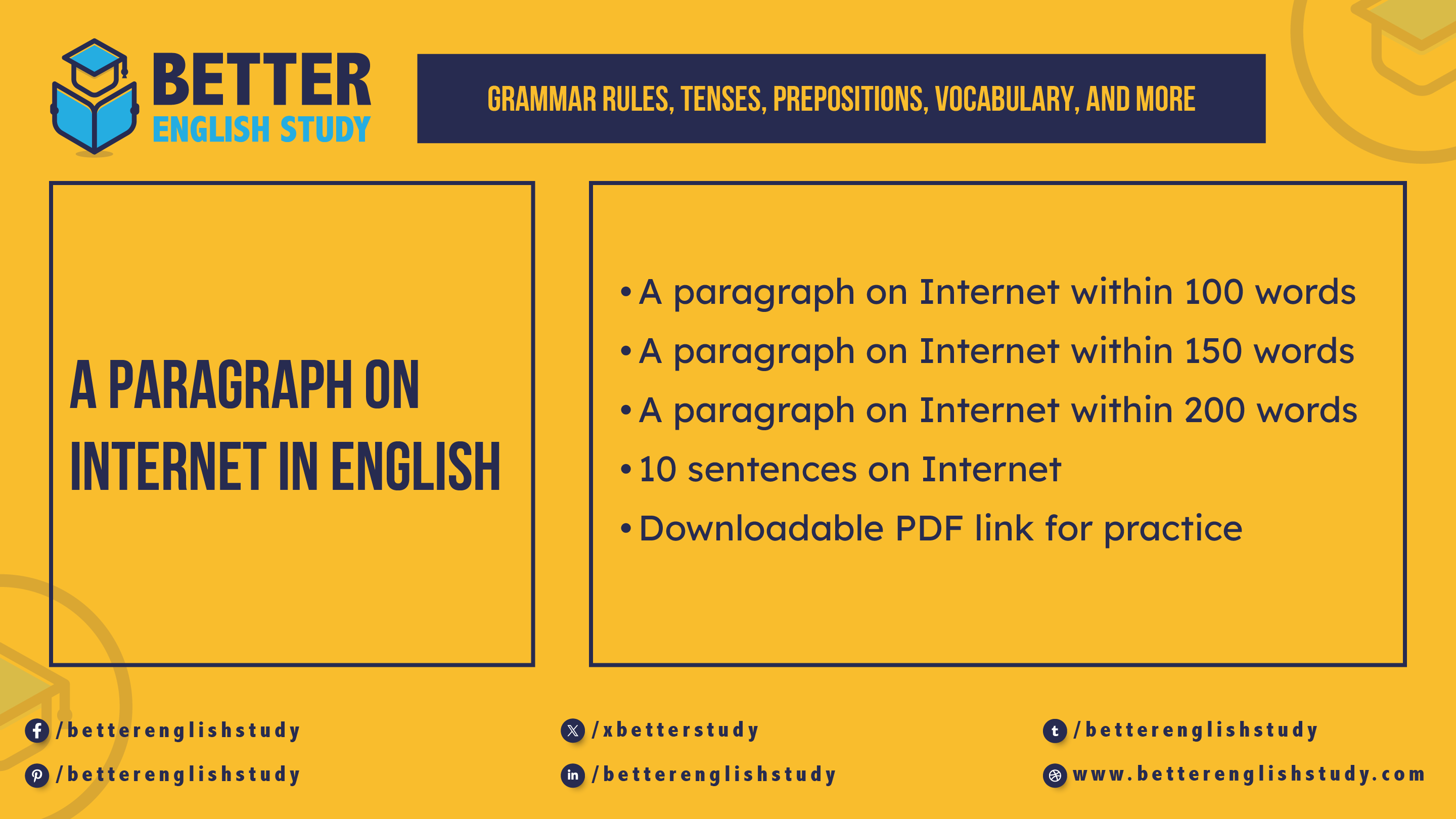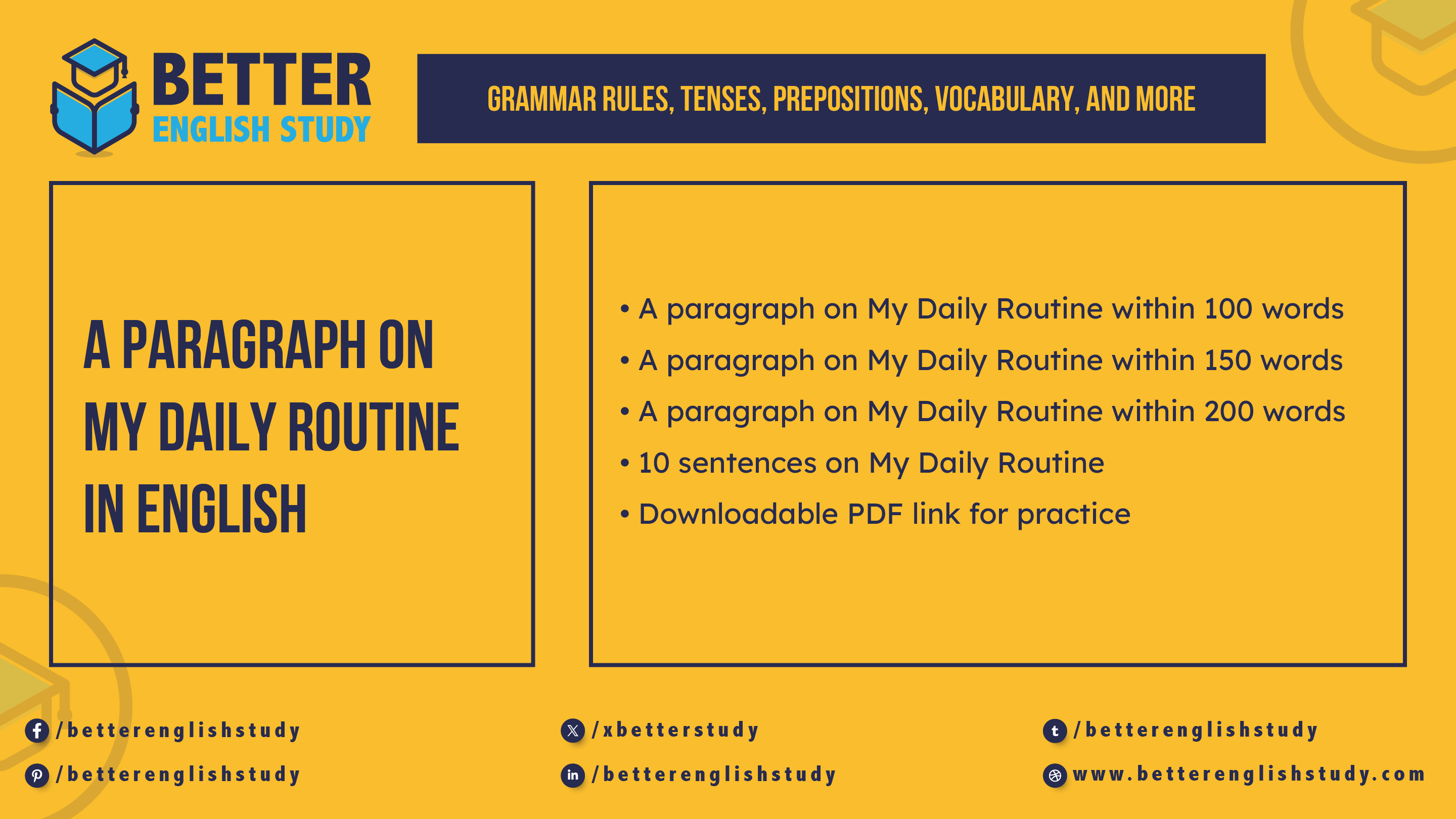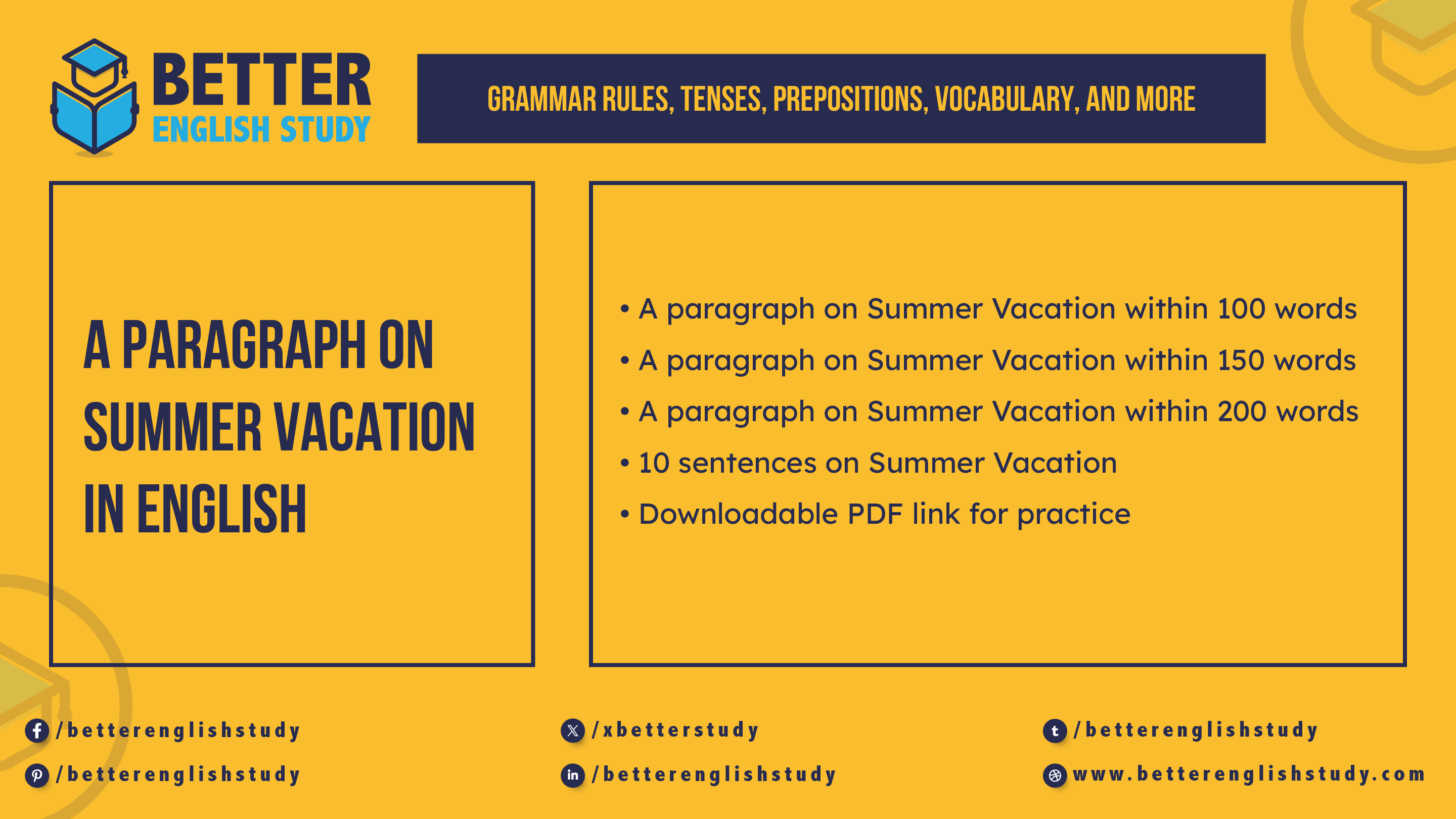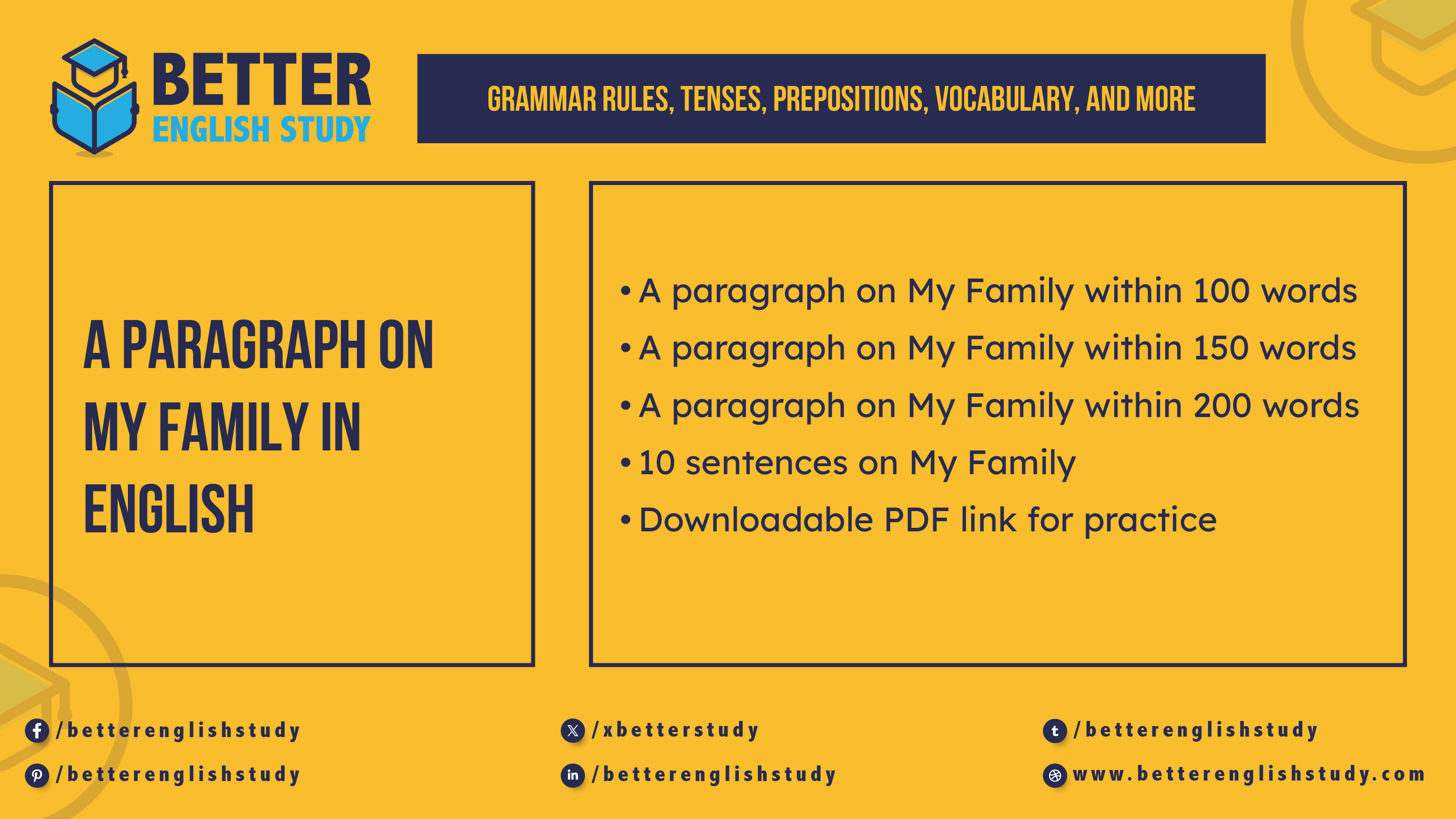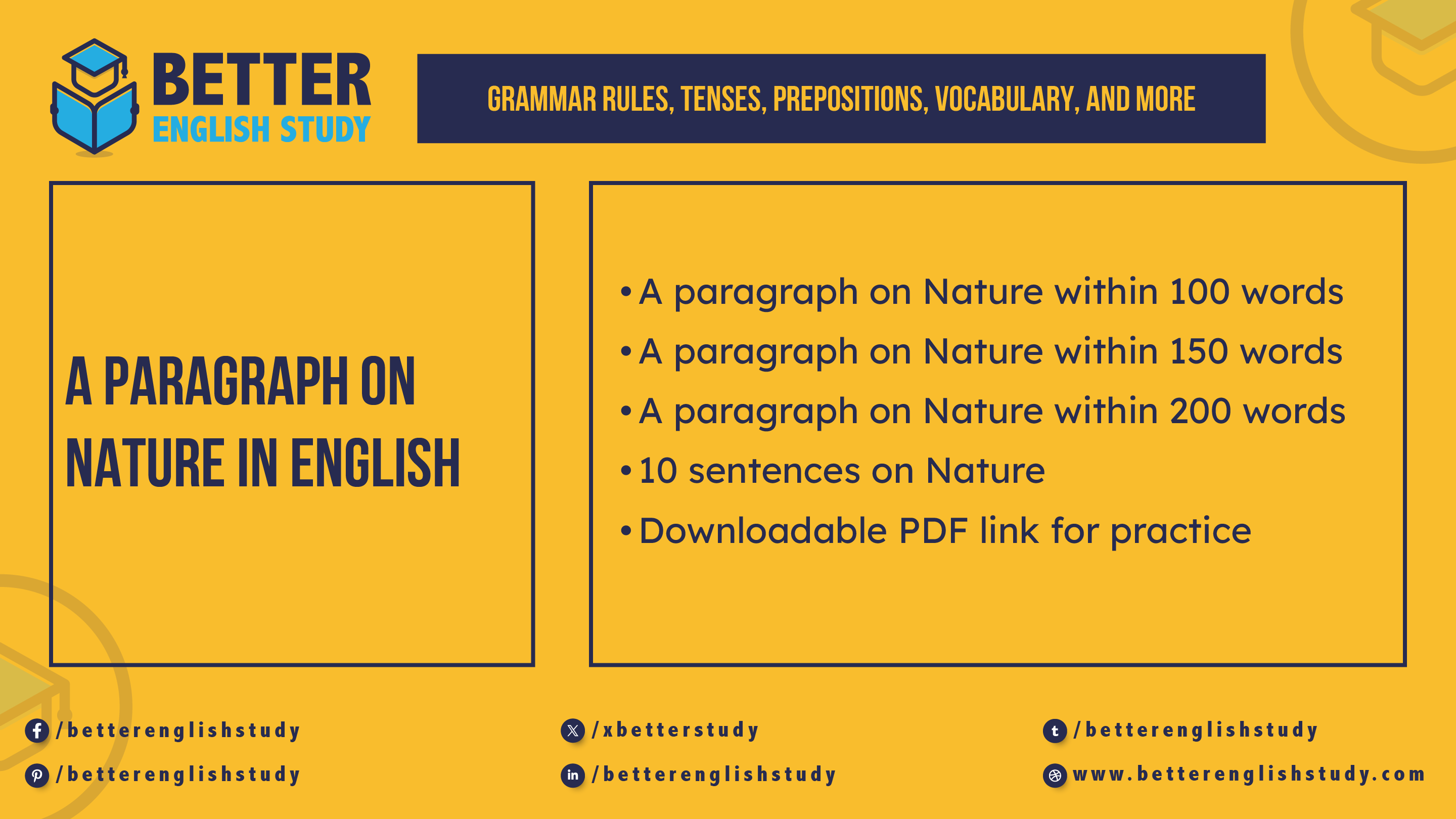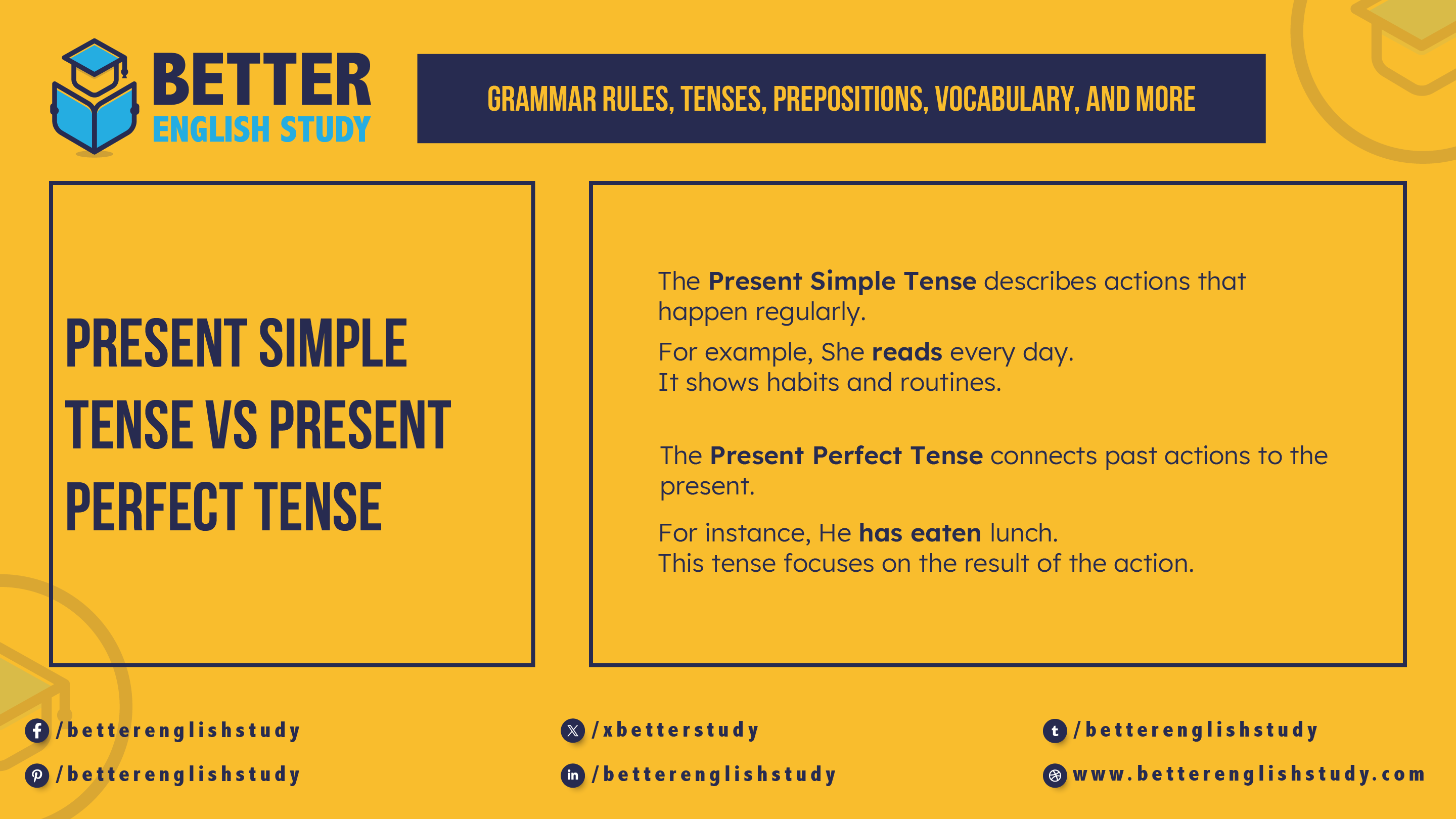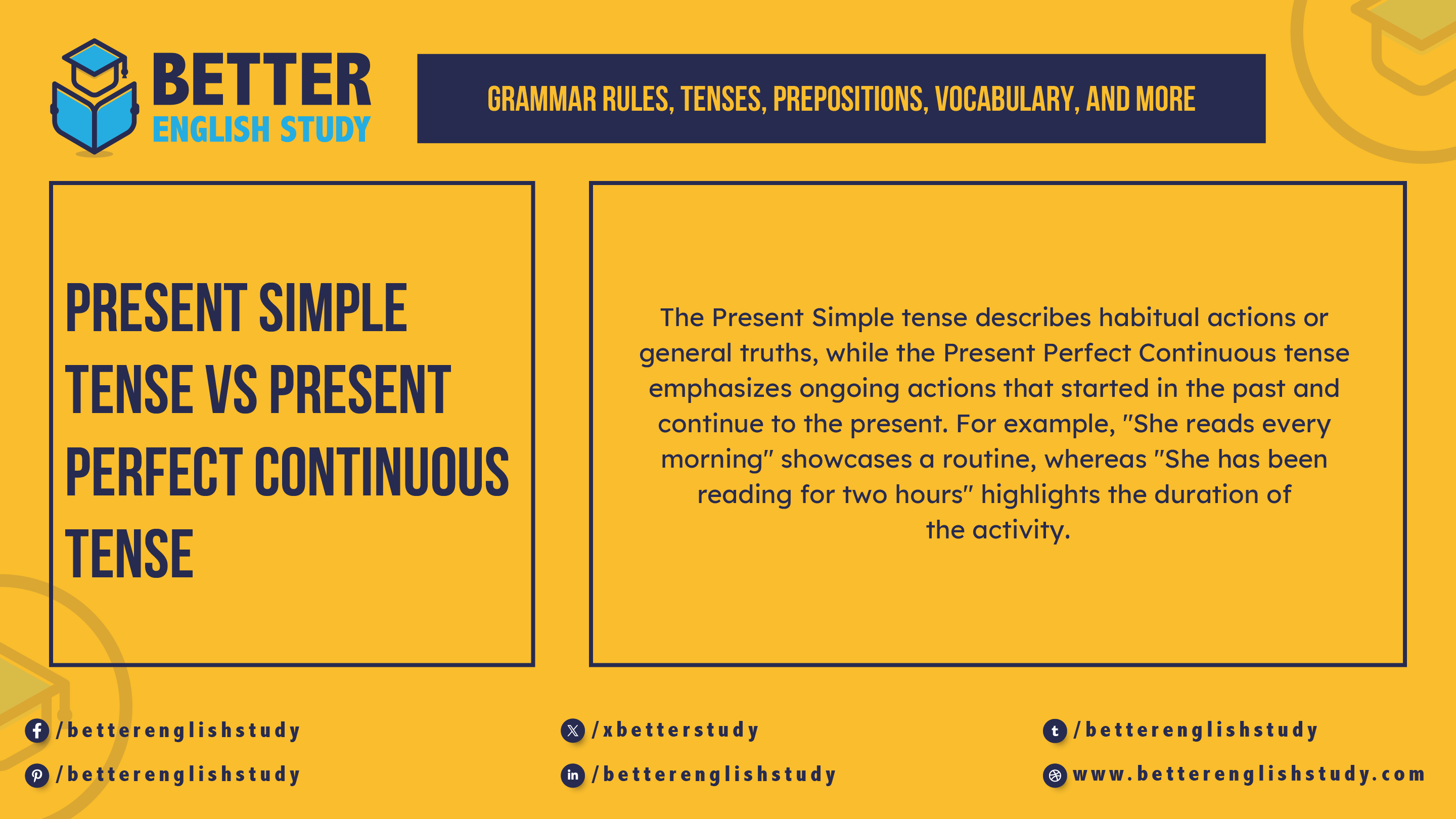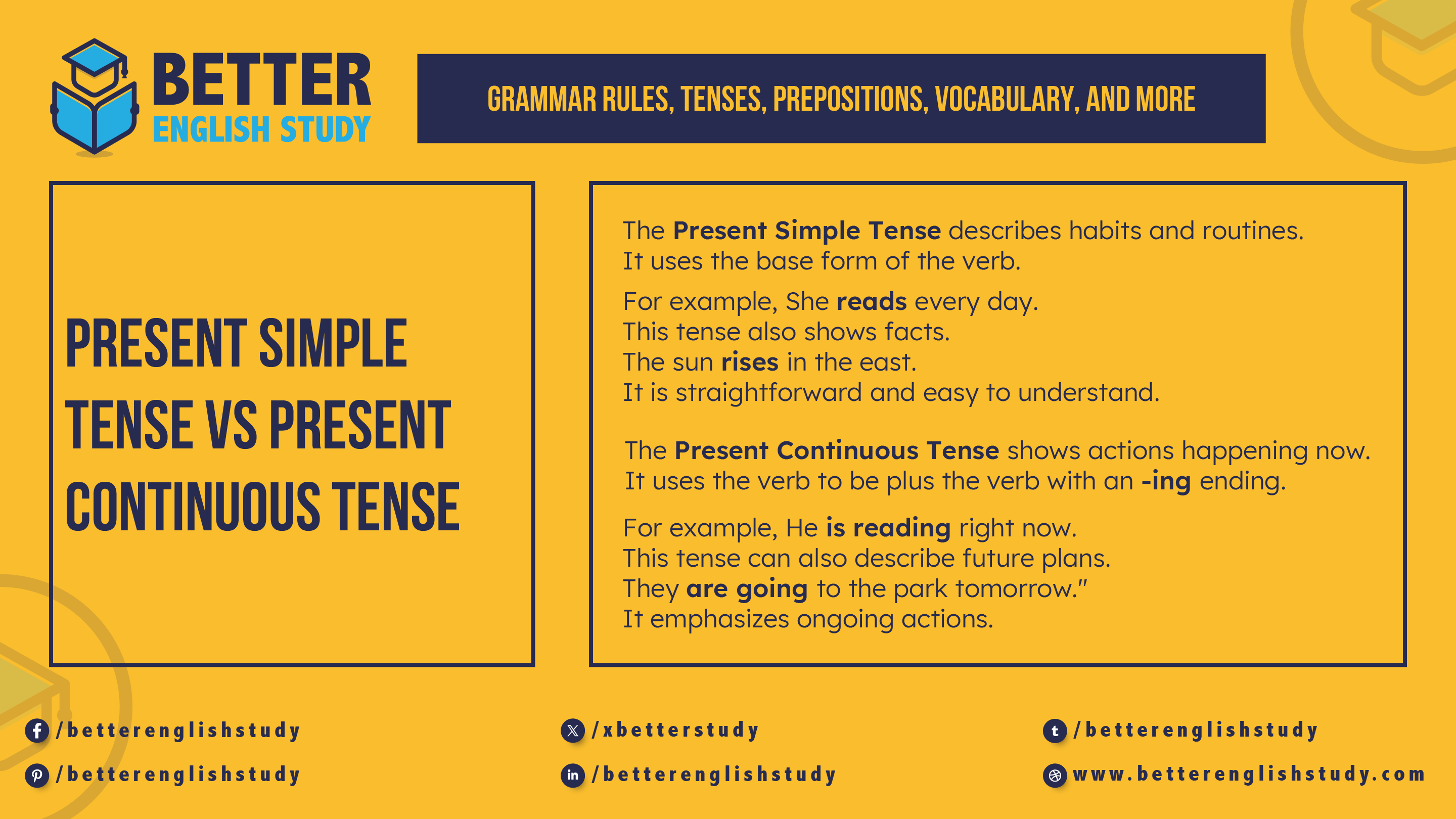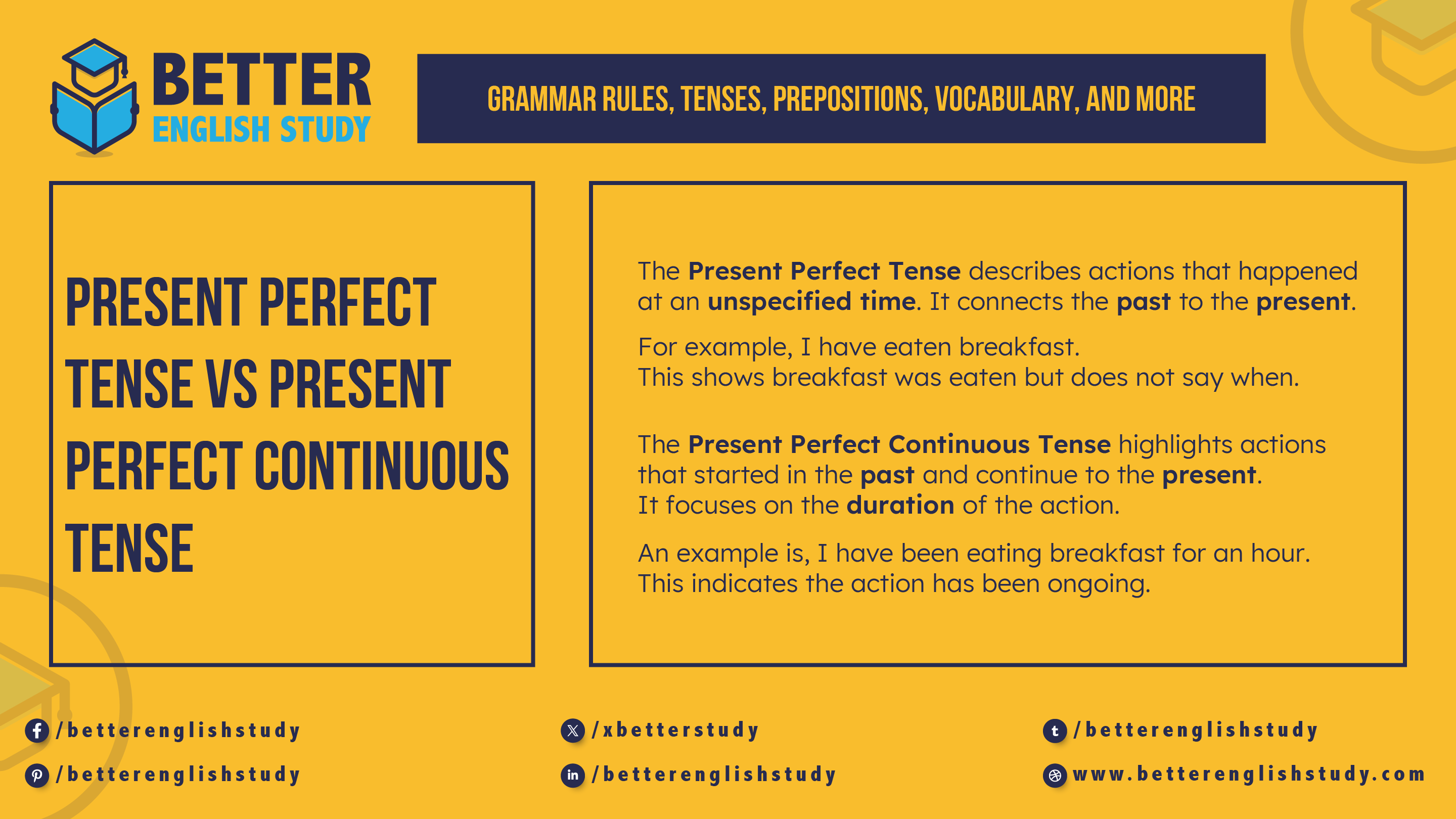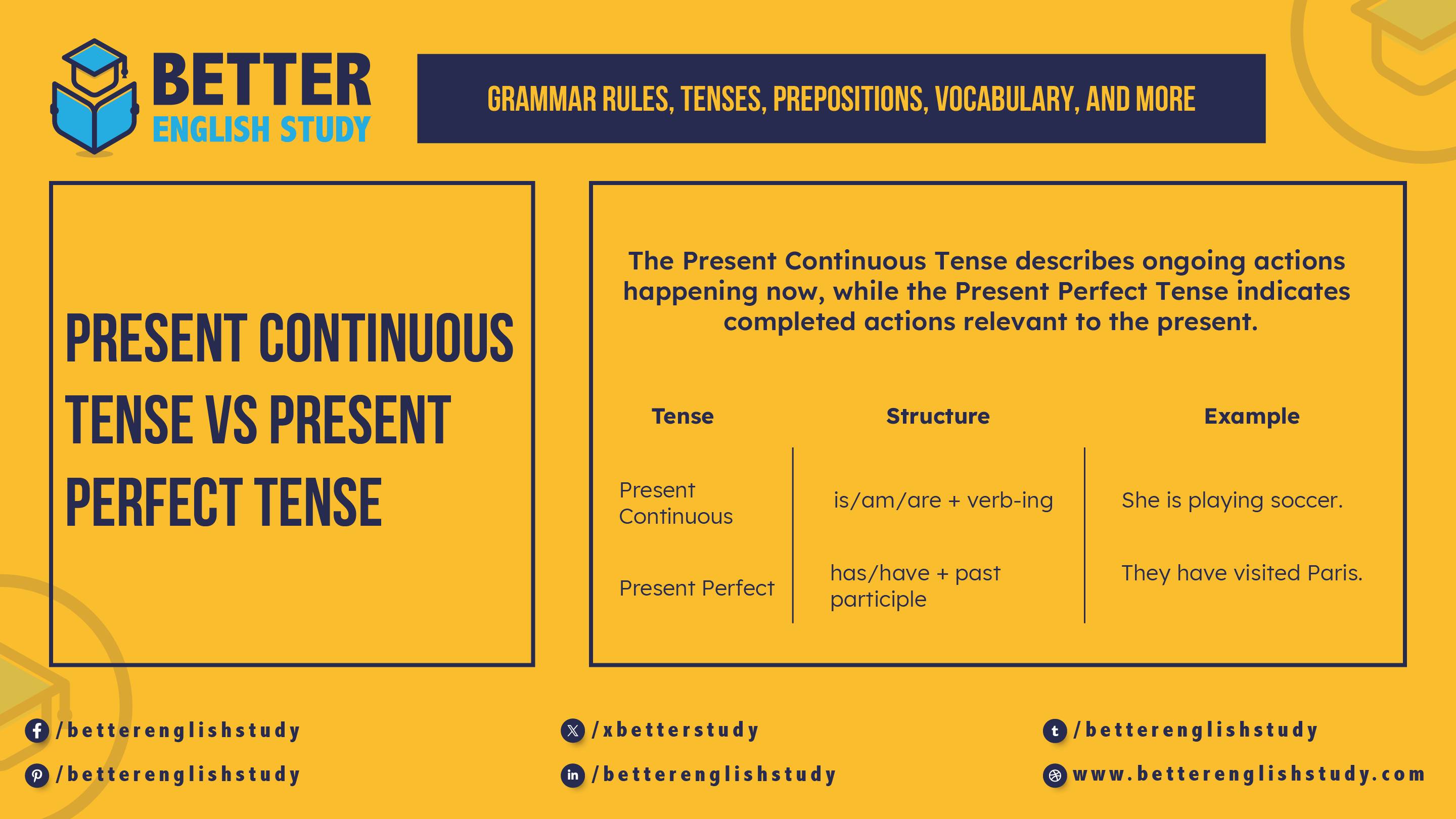A Paragraph about the Internet
The Internet has transformed the way we communicate, learn, and access information. It connects people around the world, making it an essential part of modern life. A Paragraph about the Internet Within 100 Words The Internet is an amazing tool that has changed the way we live. It allows us to connect with friends and …

